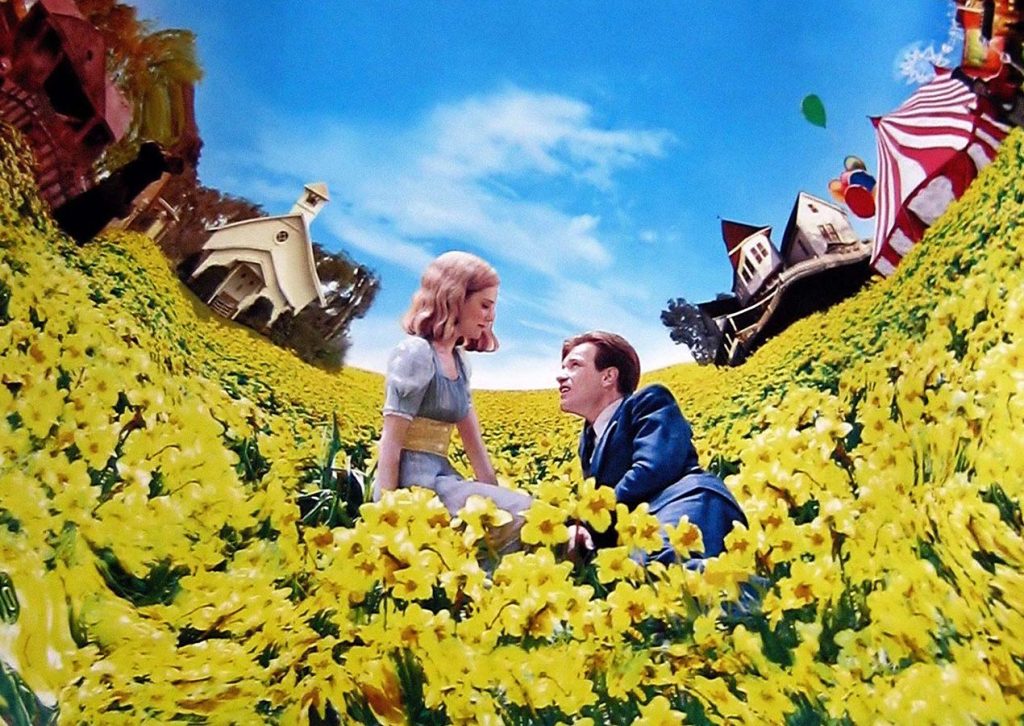Bridging the Gap: Translating Travel Book Inspirations into Alabama Adventures
I am excited to guide you on a captivating journey that blends the realms of literature and real-life exploration. I will lead you on a unique expedition that connects the enchanting descriptions of Alabama found in renowned travel books to the actual experiences waiting for you in the heart of the state. Get ready to embark on a virtual adventure where fiction meets reality, as we bring the pages of travel books to life amidst the landscapes of Alabama.
1. “To Kill a Mockingbird” by Harper Lee and the Spirit of Monroeville
Our literary journey begins with a timeless classic that has left an indelible mark on literature—“To Kill a Mockingbird” by Harper Lee. Step into the shoes of the characters as we explore Monroeville, the town that inspired the novel’s setting of Maycomb. Wander the streets that mirror the fictional town, and visit the Monroe County Courthouse that served as the backdrop for some of the novel’s most iconic scenes. The Harper Lee Trail and the Old Courthouse Museum offer glimpses into both the author’s life and the novel’s significance. By immersing yourself in Monroeville, you’ll find that the narrative’s essence comes alive in the charming atmosphere of the town.
2. “Big Fish” by Daniel Wallace and the Magic of Ashland

Venturing into the realm of magical realism, we journey to Ashland—a place that served as the inspiration for Daniel Wallace’s captivating novel “Big Fish.” Dive into the fantastical world of Edward Bloom, a character whose tall tales mesmerize readers. As you explore Ashland’s scenic beauty and immerse yourself in its local charm, you’ll discover that the line between imagination and reality becomes beautifully blurred. Traverse the Big Fish Trail, connecting locations from the novel, and embrace the idea that the extraordinary can be found within the ordinary.
3. “The Bear” by William Faulkner and the Untamed Mobile-Tensaw Delta
William Faulkner’s evocative novella “The Bear” whisks us away into the heart of the South’s wilderness. Against the backdrop of the Mobile-Tensaw Delta in Alabama, this story takes readers on a visceral journey through rugged terrain and the pursuit of a legendary bear. Experience the wild spirit of Faulkner’s narrative as you immerse yourself in the real-life Mobile-Tensaw Delta—a sprawling landscape that mirrors the novella’s descriptions. Engage in kayaking, spot wildlife, and hike amidst untamed beauty, and let the essence of the narrative come alive in this pristine wilderness.
4. “The Watsons Go to Birmingham – 1963” by Christopher Paul Curtis and the Echoes of Birmingham

Christopher Paul Curtis’ “The Watsons Go to Birmingham – 1963” offers a poignant glimpse into a family’s journey to Birmingham during the civil rights era. Walk through the pages of history as we explore Birmingham’s Civil Rights District, where the Birmingham Civil Rights Institute stands as a testament to the struggles and triumphs of the movement. Visit the 16th Street Baptist Church, a symbolic landmark that played a pivotal role in the fight for equality. By retracing the Watson family’s footsteps, you’ll gain a profound appreciation for the city’s historical significance.
5. “Alabama Moon“ by Watt Key and the Unexplored Bankhead National Forest
Watt Key’s novel “Alabama Moon” invites us into the wilderness of the Bankhead National Forest—a real-life destination that beckons adventurers and nature enthusiasts. Venture into the forest’s serene landscapes, dense woodlands, and scenic trails. Embrace the thrill of outdoor exploration just as the protagonist Moon Blake does in the novel. Whether camping, hiking, or simply immersing yourself in nature’s splendor, the Bankhead National Forest brings the essence of adventure to life.
As we conclude our literary voyage through the interplay of words and landscapes in Alabama, remember that travel literature possesses the unique ability to kindle our imagination and deepen our bond with the world around us. By stepping from the pages of these books into the very locations that inspired them, we embark on a distinct form of storytelling—one that allows us to touch, see, and experience the magic of fiction in a tangible, real-world setting. So, whether you find yourself in Monroeville, amidst the Mobile-Tensaw Delta, or within Birmingham’s historical tapestry, you’re not just visiting a place; you’re living out a narrative.
As you embark on your own journey to bring travel literature to life through lived experiences, carry with you the realization that books possess the incredible power to elevate ordinary destinations into extraordinary adventures. By transforming words into a deep-seated wanderlust, you’re embracing the enchantment of storytelling and forming a profound connection with the world—one that bridges the gap between the imagination sparked by a book and the sprawling landscapes of Alabama.

